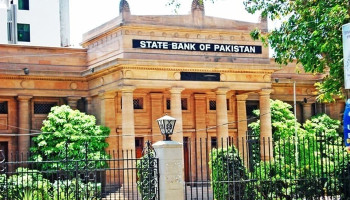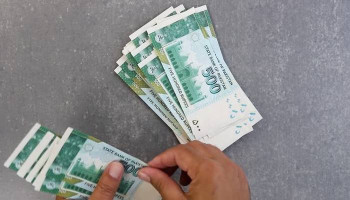
Amid global acclaim for the impending establishment of a state-backed Bitcoin reserve and allocating 2,000MW electricity for Bitcoin mining, cryptocurrency's entry into Pakistan seems to have drawn ire, with lawmakers raising concerns about its regulation, policies, and risks, which they believe are essential for the country's valuable economic benefits.
In an interview with Geo News, Nighat Dad, the executive director of the Digital Rights Foundation, reflected on the implications of Pakistan's push towards cryptocurrency and the establishment of a “strategic bitcoin reserve," disclosed by Pakistan Crypto Council (PCC) CEO Bilal bin Saqib at the Bitcoin conference held earlier this week in Las Vegas.
Regarding strategic reserves, mostly held in gold or oil, she was of the view that they help nations stabilise their economies during "financial constraints".
Having Bitcoin as a strategic asset would be an innovative move, she noted, while warning that the approach must be regulated, with the help of global financial institutions, to avoid what was faced by El Salvador from the IMF and World Bank.
"Freelancers, overseas Pakistanis have earned substantially through crypto. However, when something is illegal, then people tend to register themselves on illegal platforms and get defrauded," Dad remarked about the overwhelming potential of the global crypto market, which is valued at over $1.7 trillion, with more than 420 million users worldwide.
With an estimated 20 million Pakistanis already involved in cryptocurrency, according to Dad, Pakistan ranked 10th globally in crypto adoption in 2021.
Nevertheless, she stressed that legalisation and integration with banking are imperative to protect users, facilitate growth, and generate tax revenue.
She cautioned that direct investment in the highly fluctuating crypto market would not be a fruitful approach for the government, adding that countries like the UK and the US focus on regulation, instead of investment, to maintain neutrality and protect the public.
Dad recommended that the government act as a regulator, provide legal frameworks, and encourage crypto education among the public to ensure safer participation in the digital economy.
With cryptocurrencies and digital assets offering job opportunities and financial freedom, she urged the improvement of digital literacy among Pakistan’s youth.
















